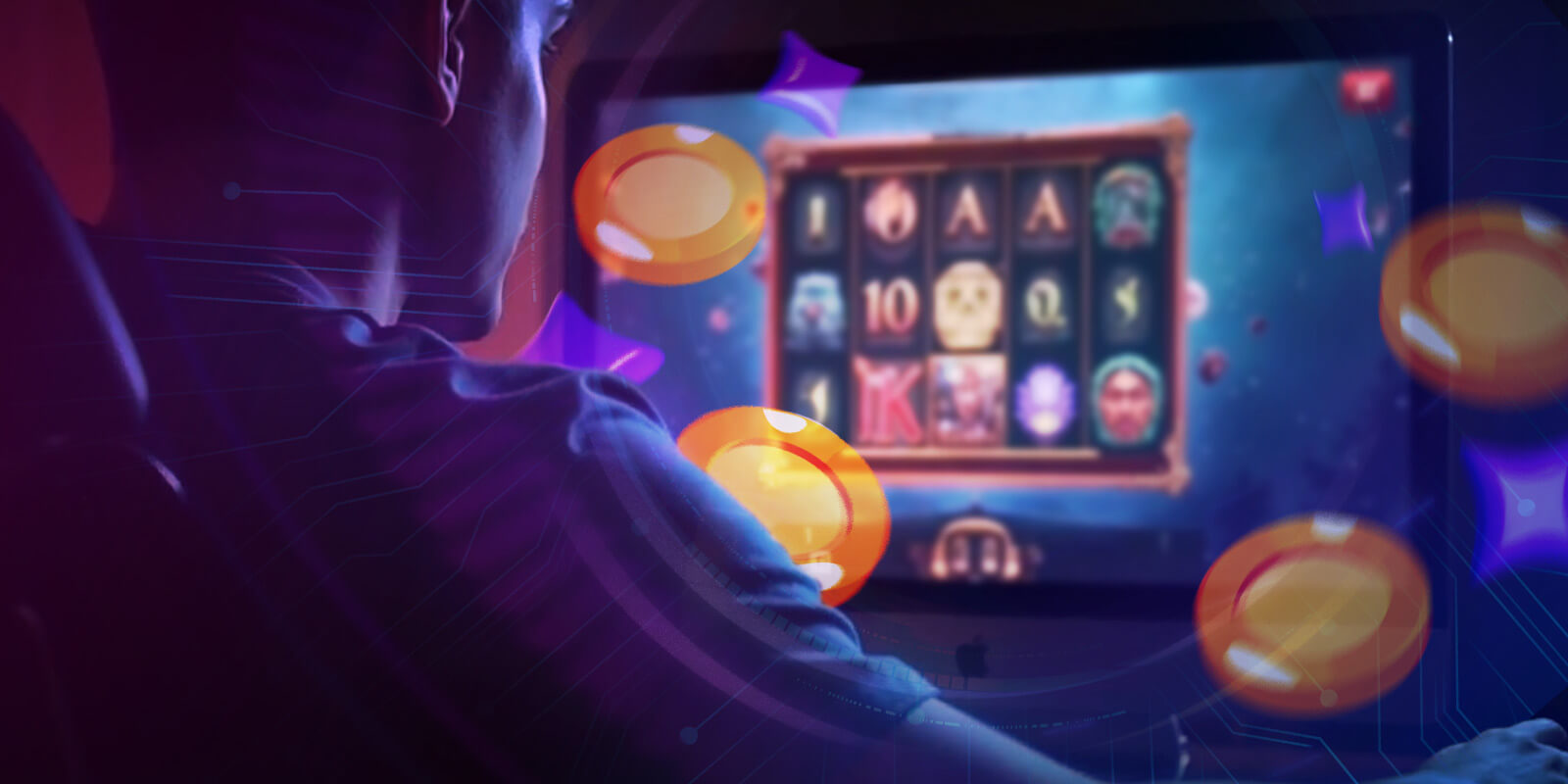5 Common Player Habits Online Casinos Secretly Love

Affiliate Disclosure : We earn a commission from partners links on BetterGambling. Commissions do not affect our editors' reviews, recommendations, or ratings.
Many players think that if they’re on a losing streak, the best action is to switch games, hoping to recover. Another action we heard is that some players leave the free spins untouched, planning to use them later.
The bad news is that casinos are very likely to track these behaviours, measure your actions, adapt to them, and subtly encourage them.
Let’s see five players’ habits that seem harmless at first but online casinos quietly celebrate.
- Logging In Just To “Check Something” and Staying For The Spin
- Leaving Free Spins Unused: Delay Patterns They Bank On
- Depositing Right After Autoplay – The System Knows You’re Done Deciding
- Withdrawing, Then Staying Online: That’s Not “Patience,” That’s A Reversal Window
- Switching Games When “It’s Cold” and Giving The Algorithm New Data To Work With
- Recognise The Pattern, Control The Outcome
Logging In Just To “Check Something” and Staying For The Spin
You know that feeling when you log in to your casino account just to check your balance or something like that? Yeah, that’s exactly the feeling that online casinos in the UK love. It’s like the online version of going to the casino just to feel the vibe.
We guess you are aware that every time you log in without an active bonus, the system treats you like a voluntary returner, which is the most precious type of customer in business. We noticed that this type of customer tends to deposit more often compared to the bonus visitors.
In the large platform we worked with, we noticed that 68% of the players who logged in “just to check” ended up playing within the same session, with an average session time of 22 minutes, even though they had no intention of playing at all.
The next time you are thinking of logging in “just to check”, ask yourself: “Is this information that I really need right now, or am I playing into the hands of a system designed to convert my curiosity into gameplay?”
Leaving Free Spins Unused: Delay Patterns They Bank On
Those 20 free spins sitting in your account for days? You might interpret it as you being too busy, but the casino operator is watching you follow a behavioural pattern they predicted and factored into their plans.
Casinos track bonus utilisation velocity, or simply how quickly a player uses free spins promotional offers. Players who start spinning immediately extract more value out of their free spins than those who take their time. The latter create multiple login opportunities and are likely to end up depositing before using their free offer.
The operator doesn’t necessarily want you to forget your free spins entirely. They want you to remember them at precisely the moment you’re willing to load your account with your own money to extend the session they kickstarted. That is one of the reasons reminder emails about unused bonuses typically arrive during peak deposit hours (7-10 PM), not during working hours when you’re less likely to play.
Depositing Right After Autoplay – The System Knows You’re Done Deciding

So what happens when autoplay ends and you immediately make a deposit without pausing? You send a signal to the casino’s behavioural engine that you have done exactly what the operator wanted you to do, your decision-making process is complete.
The machines recognise that you’re past deliberation and are now committed. It’s the perfect pattern for casinos because it triggers what’s called a “hot state deposit” flag, indicating you’re making financial decisions while emotionally engaged rather than rationally detached.
One casino executive explained it to me this way: “The gap between a player finishing their free spins and clicking the deposit button is directly proportional to the amount of thought going into the decision. No gap basically means no thought.”
Unsurprisingly, modern platforms design their redeposit flows to minimise this gap. If you have seen a one-click deposit pop-up appearing just when autoplay ends or a feature game ends, that’s the casino trying to induce a quick, thoughtless decision.
Withdrawing, Then Staying Online: That’s Not “Patience,” That’s A Reversal Window
You’ve taken home a winner, requested a withdrawal, and all that remains for you to do is browse games or check out the promotions page while the cashout processes. Sorry to burst your bubble, but the casino is watching this and most likely has a trap laid out and chances are you will fall.
What’s the worst that could happen, you might ask? That’s because there is a period, the reversal window, when you have requested yet not logged out, and it is intentionally slow to let you waffle. We analyzed the data at a casino I used to work for and discovered that 20-25% of withdrawal requests were being canceled by players who, after requesting one, kept browsing.
The overreaching doesn’t stop there. A lot of platforms take extra effort to put new games and promotions in the spotlight this moment exactly. (And some will potentially add a bonus offer in as an additional reason to cancel your withdrawal and take advantage of an offer.)
Nice, if you can resist the allure! Otherwise, the best course of action when you ask for a withdrawal is to log out completely. With each minute logged on to the internet in these stages, the odds of that cash landing in your bank account or online wallet diminish.
Switching Games When “It’s Cold” and Giving The Algorithm New Data To Work With
Changing the game after a losing loop can make you feel in control, but it’s a predictable player behaviour that casinos know and track because they profit from it. Be aware that when you do this kind of action, you create a unique pattern that shows the exact time you’re most likely to switch slots, increase bets or quit the sessions.
New casino platforms use these fingerprints to optimise game recommendations. If that shows you switch after 15 spins, the system will suggest a new game after 12-14 spins without a positive outcome.
Insider intel: the system isn’t trying to find you a better game option; it’s using your natural tendencies for change to keep you hooked in the system for longer periods of time.
Recognise The Pattern, Control The Outcome
Your actions are not mistakes; they’re natural human impulses that casino platforms have learnt to predict and capitalise on in the form of online casino promotions. The system isn’t focused on being bad, but it’s not neutral either.
However, if you understand these actions, it doesn’t mean that you should stop playing. It means you can make more deliberate choices about when and how you engage:
- Set time limits before logging in, not during gameplay
- Use the free spins right after you got them, or not at all.
- Introduce intentional breaks between when you run low on funds and when you decide to deposit again.
- Log out completely after withdrawal requests
- Recognise that game-switching is a psychological response, not a strategic one
The casino experience is designed to feel like a series of personal choices while actually following predictable behavioural flows. The more you recognise these patterns, the more you can decide whether to follow them or not, as opposed to having that decision subtly made for you.




